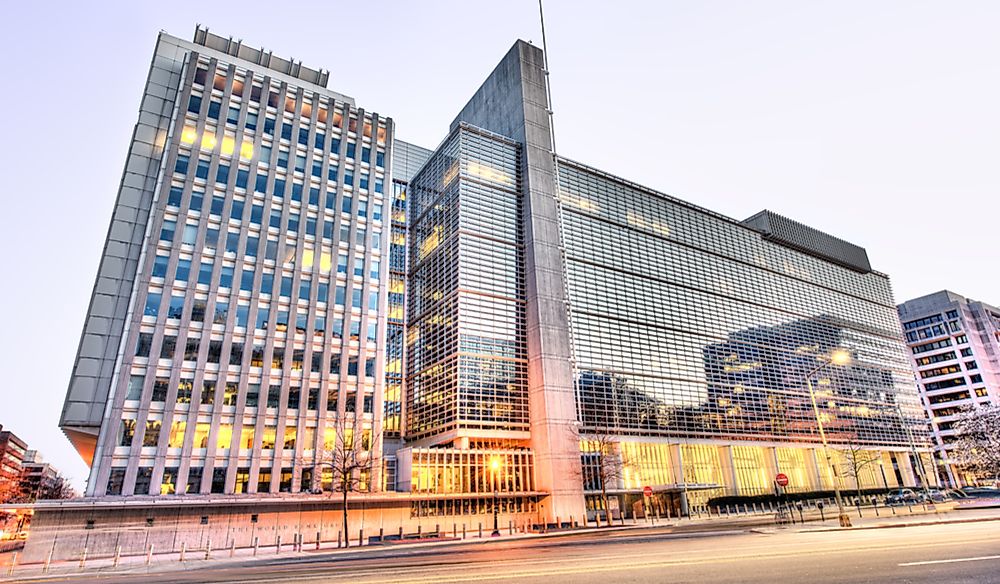Prime
Why ethical conduct is key to positive societal transformation – 5

By Muhsin Salim Masoud
This article continues from last week’s fourth part in which I discussed the importance of mainstreaming ethics in education and my experience in the banking industry with issues related to ethics. In this series I will elaborate more on my experience in the banking industry and demonstrate the significance of being fair and compassionate as pillars of ethics.
Soon after I joined the banking industry, some individuals approached us with a proposal they claimed could help us secure large deposits from government entities on condition that we greased their palms as our intermediaries. I refused outright and made it clear that we would focus on mobilising deposits from the public.
It was an ethical decision and it proved to be the right one. Not long after, the government issued a directive requiring all its deposits in commercial banks be transferred to the central bank. Because we had not relied on those deposits, we were not affected. This experience reaffirms the fact that ethical conduct always brings positive outcomes in the long run.
Another practice that runs contrary to ethical conduct and causes significant problems in society is the tendency to offer and deliver better services to those we know personally or who are introduced to us by influential people, while offering poor or indifferent service to others. This kind of favouritism is deeply unfair and undermines trust, equality and professionalism. It is a vice that must be challenged and eradicated at all levels. Ethical societies are built on the principle that everyone deserves to be treated with fairness and respect, regardless of their status or connections.
There was a time when I needed to process passports for my wife and two children. I had all the required documents and went to the immigration office to submit them. While at the counter, two individuals approached me and introduced themselves as my students from the evening programme I was teaching at a university at that time. They offered to assist and took the documents and fingerprints.
Remarkably, the passports were processed and delivered to me the same day after around five hours. When they handed over the passports, I asked a simple question: why isn’t this same service extended to everyone? Fairness demands equal treatment of all. This experience reinforced my belief that ethical service delivery should not depend on who you know, but rather on the principles of justice and respect.
One may ask why compassion is considered part of ethics. Compassion reflects one’s sense of care and responsibility towards the less fortunate. A great deal of management literature supports the idea that giving to those in need has a significant impact both on individual and organisational development. I will share some real-life scenarios involving myself and a close friend to demonstrate the power of giving.
I found a tradition of hosting grand dinners for influential individuals during the holy month of Ramadhan at two banks I served as managing director. We decided to change this practice and instead spent the funds to provide for the needy in society. This shift significantly enhanced the reputation of both banks. At one of the banks we also introduced allowances for lower-level employees, which had a profound positive impact on the organisation’s performance.
A close friend once told me a story that shows the power of giving. He had lost his job a few months back and one day while in town, he was left with very little money, just enough to get him home. He passed a sugarcane juice vendor whose juice was being rejected because it was too diluted as the ice cubes in it were melting due to a power cut.
Despite being broke, my friend sympathised and bought three glasses to support the vendor. The vendor asked why he kept buying when others refused and he replied that he needed the juice and also wanted to help. As he finished the last glass, he received an unexpected call to collect money from a friend, enough to sustain him and his entire family for the whole month.
This is the power of giving out to the less fortunate ones. I believe many of us have similar stories. Personally, I have experienced that whenever I genuinely help someone in need, unexpected blessings often follow.
In next week’s sixth and final instalment I will share insights on the importance of building strong institutions that care for those who behave ethically. I will also discuss the importance of ethics in developing and implementing laws. My series will end with advice and concluding remarks.
Dr Muhsin Salim Masoud is a seasoned banker and academic, who has also served as managing director of the People’s Bank of Zanzibar and Amana Bank. [email protected]



